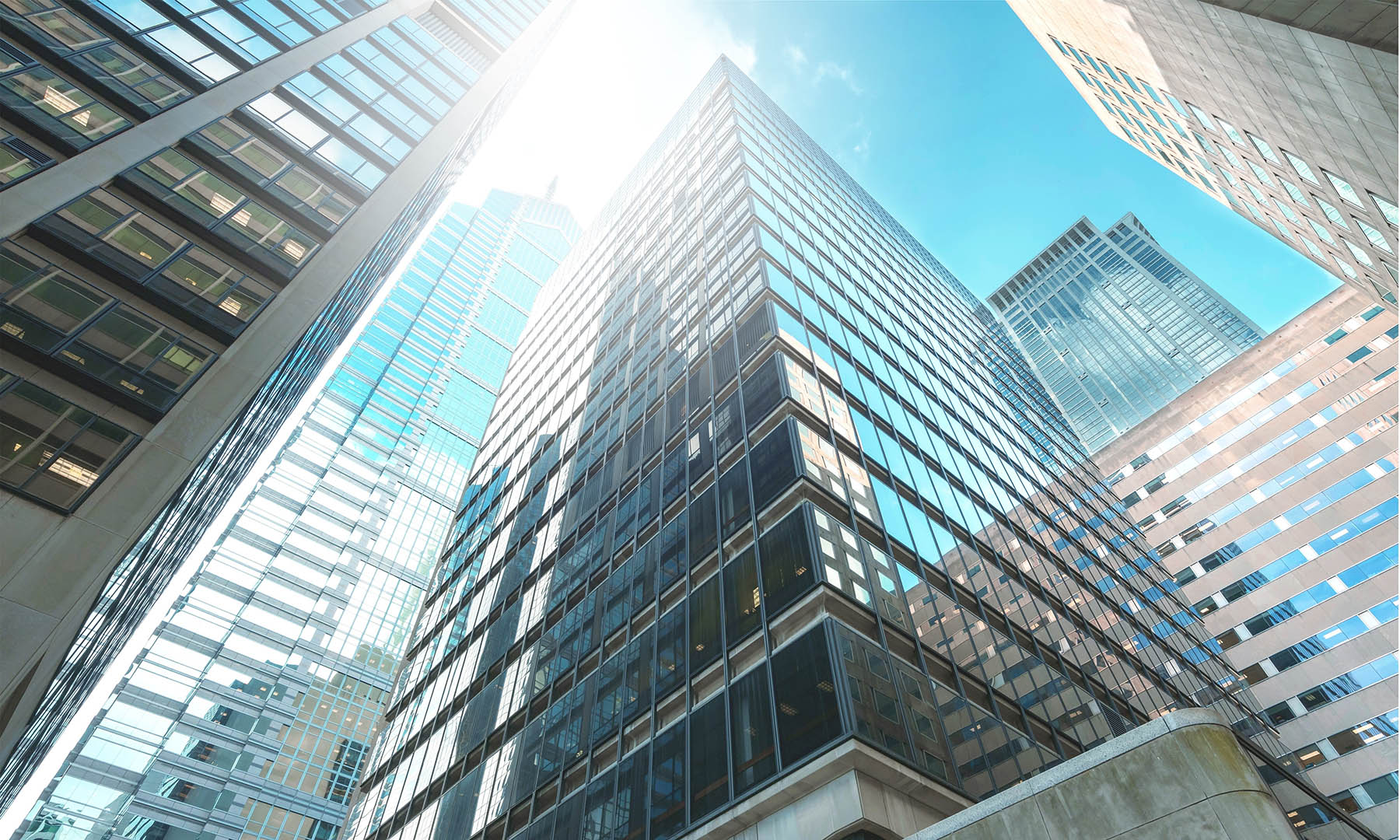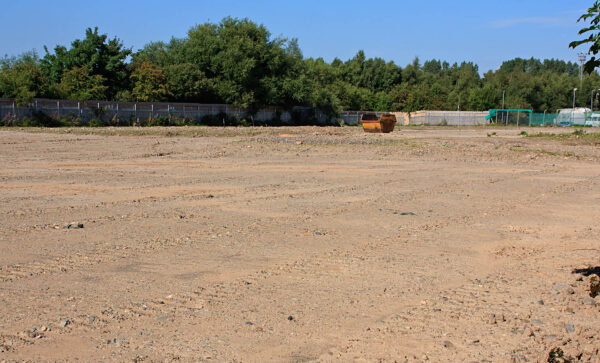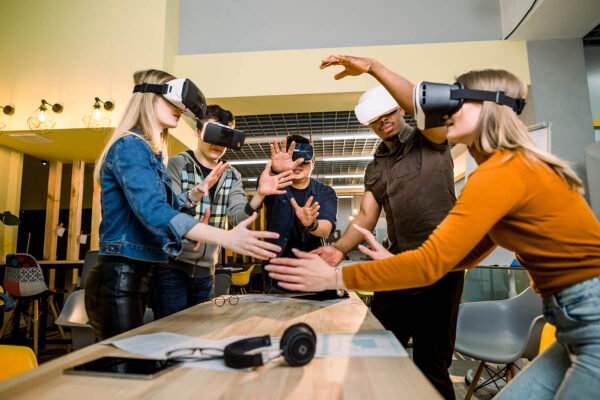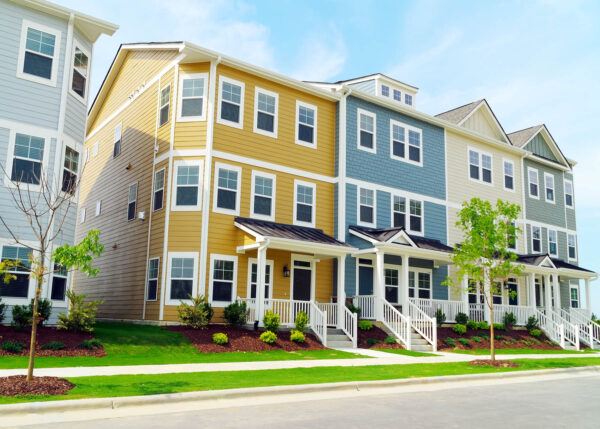The commercial real estate landscape in the United States is in a constant state of flux, influenced by economic, technological, and societal factors. Understanding these trends is crucial for investors, developers, and professionals in the industry. In this comprehensive article, we will delve into the current trends shaping the commercial real estate market across the nation.
Embracing the Future of Workspaces
Flexible Office Spaces on the Rise
One of the most notable trends in commercial real estate is the growing popularity of flexible office spaces. This trend, accelerated by the COVID-19 pandemic, has led to an increased demand for coworking spaces and hybrid office models. Companies are seeking flexible lease terms and scalable office solutions, prompting commercial real estate developers to adapt accordingly.
The Role of Technology
The integration of technology is transforming the commercial real estate sector. Smart buildings equipped with IoT (Internet of Things) devices and advanced security systems are becoming the new standard. These tech-driven spaces offer enhanced tenant experiences, energy efficiency, and cost savings.
E-commerce and Warehousing Demand
The E-commerce Boom
The rapid growth of e-commerce has had a profound impact on the demand for industrial and logistics properties. As consumers increasingly turn to online shopping, the need for distribution centers, last-mile delivery hubs, and cold storage facilities has surged. Commercial real estate investors are capitalizing on this trend by investing in logistics and warehousing assets.
Sustainability and Green Building
Sustainable Development Practices
Sustainability is a driving force in commercial real estate. Developers are prioritizing eco-friendly construction methods, energy-efficient designs, and LEED (Leadership in Energy and Environmental Design) certifications. Green building practices not only align with environmental goals but also attract environmentally conscious tenants and investors.
Urbanization and Mixed-Use Developments
The Appeal of Mixed-Use Projects
Mixed-use developments that combine residential, commercial, and retail spaces continue to gain popularity. These projects create vibrant, walkable communities that cater to the modern urban lifestyle. Investors are drawn to the diversity of income streams that mixed-use properties offer.
Real Estate Technology and Data Analytics
Proptech Advancements
The proptech (property technology) sector is flourishing, with innovations in data analytics, artificial intelligence, and blockchain. These technologies enable more informed decision-making, better property management, and enhanced tenant experiences. Real estate professionals are increasingly relying on data-driven insights to optimize property performance.
Adaptive Reuse and Redevelopment
Breathing New Life into Old Spaces
Adaptive reuse is a trend that aligns with sustainability efforts and the preservation of historical landmarks. Developers are repurposing obsolete buildings, such as former factories and warehouses, into modern office spaces, hotels, and residential complexes. This trend not only reduces urban blight but also retains the character of older structures.
The Impact of Remote Work
Redefining Office Space Needs
Remote work arrangements have forced businesses to reconsider their office space requirements. While some companies are downsizing their physical footprint, others are investing in collaborative, amenity-rich spaces designed to enhance employee well-being and productivity.
Retail Transformations
Reviving Retail Spaces
The retail sector is experiencing a transformation, with a shift toward experiential retail and mixed-use developments. Developers are repurposing vacant retail spaces into entertainment venues, dining establishments, and fitness centers, creating destinations that offer more than just shopping.
Navigating the Ever-Evolving Landscape
The commercial real estate industry in the United States is marked by a dynamic and ever-evolving landscape. Staying informed about the latest trends is essential for those involved in this sector. From flexible workspaces to sustainability initiatives, the industry is adapting to meet the changing needs of tenants, investors, and communities.
As we navigate this exciting landscape, it’s clear that commercial real estate will continue to play a pivotal role in shaping the way we work, shop, and live. By staying ahead of these trends, industry professionals can seize opportunities and drive innovation in this dynamic market.





